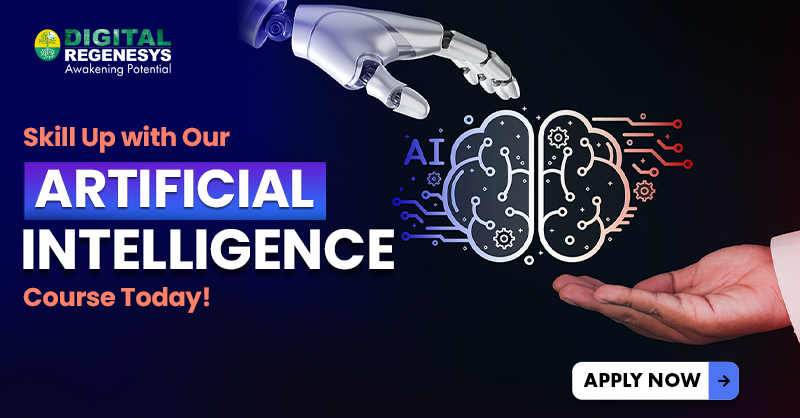AI in Namibia – Strategy for 2026

Can Namibia emerge as a regional AI leader in Africa? With growing digital adoption, urbanisation, and a youthful, tech-literate population, the country is positioning itself to leverage artificial intelligence for economic growth and social development.
In recent years, businesses and government agencies have begun exploring AI for smarter operations and enhanced service delivery.
In this article, we explore Namibia’s AI strategy for 2026, examining national policies, sectoral applications, workforce development, challenges, and future opportunities that will shape the country’s AI-driven transformation.
Key Drivers of AI Growth in Namibia
Namibia’s AI growth is fueled by several converging factors. Rising internet penetration and mobile connectivity are enabling more businesses to adopt digital solutions. Government initiatives promoting innovation, along with foreign investment, provide the necessary infrastructure and financial support.
A young population, eager to embrace technology, drives experimentation in AI applications, particularly in education, finance, and agriculture. Finally, the private sector is adopting AI to enhance efficiency, improve customer experiences, and create data-driven solutions for emerging challenges.
Key Drivers:
- Rapid digital adoption in urban areas
- Supportive government innovation programs
- Young, tech-savvy population fostering experimentation
- Private sector investment in AI solutions
Get insights on Top Artificial Intelligence Stats.

Policy Framework and National AI Vision
The Namibian government recognises AI as a strategic tool for economic diversification and national competitiveness. Policies focus on ethical adoption, data privacy, and sustainable AI integration. Through the Ministry of Information and Communication Technology, the government is creating regulations to promote responsible AI, encourage research, and support public-private partnerships.
Incentives include funding for AI-driven projects and collaboration with universities to integrate AI into academic and technical programs. Ethical AI guidelines are emphasised to balance innovation with societal trust and ensure benefits are inclusive and equitable.
Policy Highlights:
- Ethical AI standards and data privacy protections
- Research funding and innovation grants
- Public-private partnerships for AI deployment
- Academic collaborations to develop AI talent
Sectoral Applications of AI in Namibia
AI is transforming multiple sectors, driving both efficiency and social impact. In agriculture, predictive analytics and precision farming enhance productivity while optimising resources. Healthcare leverages AI for early diagnostics, telemedicine, and patient management.
Education benefits from adaptive learning platforms, personalised content, and automated administrative processes. Finance adopts AI for risk assessment, fraud detection, and improved customer services. Governance uses AI for smart public service delivery, resource allocation, and transparency, ensuring citizens can access services efficiently and effectively.
Sectoral Applications:
- Agriculture: Precision farming, predictive analytics
- Healthcare: Telemedicine, early diagnostics
- Education: Adaptive learning, administrative automation
- Finance: Fraud detection, credit scoring, personalised services
- Public Sector: Smart governance, resource allocation
Read about What is Artificial Intelligence in Project Management?
Building an AI-Ready Workforce
Developing human capital is vital to Namibia’s AI ambitions. Upskilling initiatives, workshops, and hackathons encourage hands-on experience with AI tools. Gender-inclusive programs ensure women are represented in the AI workforce.
Professional courses, such as the Digital Regenesys Artificial Intelligence Certificate Course, equip learners with practical skills and real-world applications. By building a skilled workforce, Namibia ensures AI adoption is sustainable and that innovation can be applied effectively across sectors.
Workforce Development Initiatives:
- AI and data science programs
- Upskilling and reskilling workshops
- Gender-inclusive initiatives for youth and women
- Practical courses like the Digital Regenesys AI Certificate Course
Explore What to Learn in Artificial Intelligence, and Learn AI Education and Career Paths.
Challenges and Considerations
Despite strong growth potential, Namibia faces barriers in AI implementation. Limited computing infrastructure and internet access, particularly in rural areas, hinder adoption. There is a shortage of trained AI professionals to support large-scale deployment.
Regulatory frameworks are still evolving, creating uncertainty for businesses. Additionally, balancing innovation with ethical AI deployment and data privacy is critical to maintain public trust. Overcoming these challenges requires targeted investment, skills development, and strategic policy adjustments.
Challenges & Considerations:
- Limited digital infrastructure in rural areas
- Shortage of skilled AI professionals
- Evolving regulatory and ethical frameworks
- Urban-rural digital access divide
Future Outlook: Namibia’s AI Strategy by 2026
Namibia’s AI strategy for 2026 aims to integrate AI comprehensively across sectors to promote economic growth and social inclusion. Key focus areas include agriculture, healthcare, education, finance, and governance.
By leveraging predictive analytics, automation, and intelligent decision-making, Namibia seeks to improve productivity, efficiency, and citizen services. Public-private partnerships and international collaboration will play critical roles in ensuring AI solutions are scalable and contextually relevant.
|
Focus Areas |
2026 Goal |
Expected Impact |
|
Agriculture |
Precision farming & analytics |
Enhanced productivity & resource efficiency |
|
Healthcare |
AI-driven diagnostics & telemedicine |
Expanded access to quality care |
|
Education |
Adaptive learning & digital literacy |
Improved student outcomes |
|
Finance |
Fraud detection & analytics |
Increased financial inclusion |
|
Governance |
Smart public services |
Transparent, efficient administration |
This structured approach positions Namibia to harness AI strategically and inclusively by 2026.

Conclusion
Namibia’s AI strategy for 2026 blends policy, innovation, workforce development, and sectoral applications to create sustainable growth. By investing in education, technology, and ethical AI practices, the country can harness AI to improve services, productivity, and citizen engagement.
Professionals seeking to contribute to this transformation can benefit from practical, hands-on courses like the Digital Regenesys Artificial Intelligence Certificate Course, which equips learners with the skills needed for real-world AI implementation.
Visit Digital Regenesys to upskill in AI and participate in Namibia’s AI-driven future.
Last Updated: 1 November 2025